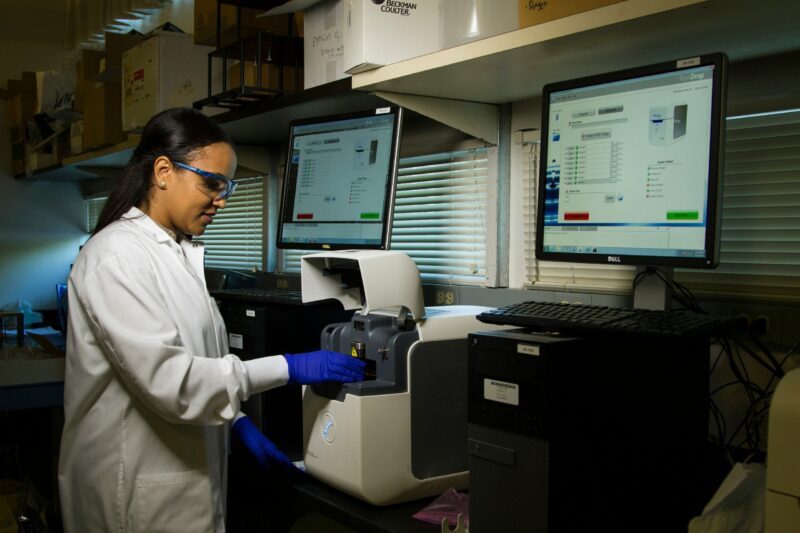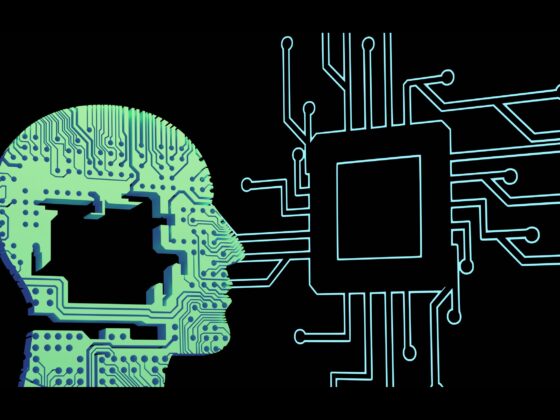Artificial intelligence (AI) is rapidly transforming the healthcare landscape, offering innovative solutions to age-old challenges. From assisting in diagnosis and treatment to streamlining administrative tasks and empowering patients, There is a rise of AI in Healthcare that can revolutionize the way we deliver and experience healthcare.
Diagnosis and Treatment:
AI algorithms can analyze X-rays, CT scans, and MRIs with remarkable accuracy, often spotting subtle abnormalities that might escape the human eye. With this change most people are worried that maybe AI robots will take their jobs but in healthcare this can lead to earlier diagnoses and more effective treatment plans.
Personalized medicine:
AI can analyze a patient’s genetic data, medical history, and lifestyle factors to predict their risk of developing certain diseases and tailor treatment plans accordingly. This personalized approach holds immense promise for improving patient outcomes and reducing healthcare costs.
Drug discovery using AI in healthcare:
AI can be used to screen millions of potential drug candidates and identify the most promising ones for further development. This can significantly accelerate the drug discovery process and bring new treatments to patients faster.

Remote Patient Monitoring:
Wearable devices and sensors can collect data on a patient’s vital signs, allowing healthcare providers to monitor their health remotely. This can help prevent complications and improve the quality of life for patients with chronic conditions.
Patient education and engagement:
AI-powered tools can provide patients with personalized educational materials and support them in managing their own health. This can empower patients to take an active role in their healthcare and improve their overall health outcomes.
Challenges with The Rise of AI in Healthcare :
Despite its immense potential, the rise of AI in healthcare also presents some challenges that need to be addressed. These include:
- Data privacy and security: Ensuring the privacy and security of sensitive patient data is paramount. Robust data governance frameworks and cybersecurity measures are essential.
- Algorithmic bias: AI algorithms can perpetuate existing biases, leading to unfair or discriminatory outcomes. Careful data selection and algorithm development are crucial to mitigate bias.
- Accessibility and affordability: AI-powered healthcare solutions should be accessible and affordable to everyone, regardless of socioeconomic status.
The Future of AI in Healthcare:
The future of healthcare is undoubtedly AI-powered. As AI technology continues to evolve, we can expect even more transformative solutions to emerge. From AI-powered robots assisting in surgery to personalized virtual health assistants guiding patients through their treatment journeys, the possibilities are endless.
By embracing AI responsibly and addressing the challenges, we can unlock its immense potential to create a healthier future for everyone.










